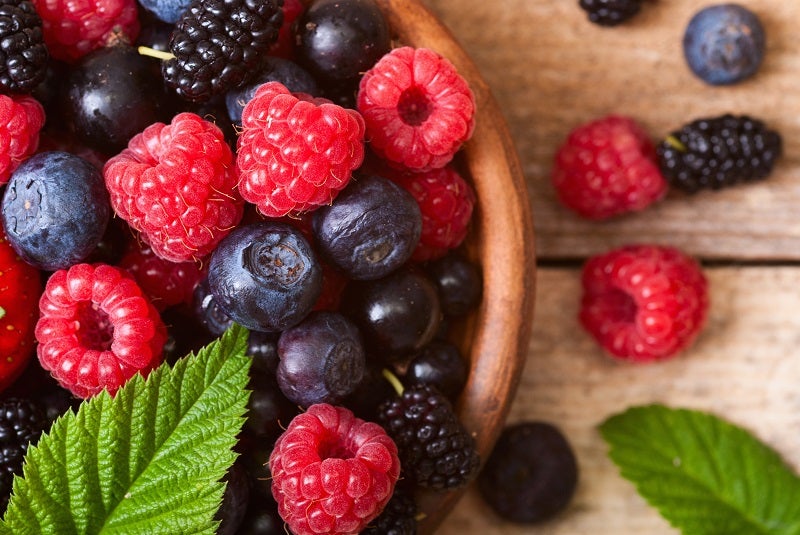
The process of evaporation is all around us and we as animals depend on it for our survival – the evaporation of water from our oceans to produce the rain on our land to allow us to grow our crops. And of course, the evaporation that we need when cooking or creating a new flavour or smell profile. The evaporation process is simple: employ heat to the solution, evaporate the water and create a concentrated version of the product.
Currently and commercially, there are many ways to evaporate and these are for example as simple as boiling the solution, falling film, rising film, and scraped film evaporators. When it comes to manufacturing however, there is a fine balance between the cost of evaporation and the quality of the concentrate produced. With this in mind, which process is suitable for which product? The answer to this question is to firstly look at the point of the process as well as the end goal.
Australian flavour extraction firm Flavourtech has approached this balance with its Centritherm® evaporator (CT), created with the goal of achieving high quality through low residence times and low operating temperatures. The CT was first developed from a requirement to concentrate a heat sensitive solution that was prone to high temperature damage. By utilising spinning cones and centrifugal force, the time the product is on the heat surface has been minimised to approximately 1 second. The sample is deposited on the underside of these spinning cones where it forms a thin layer and with a temperature of around 50°C, the evaporation process is quick and gentle. To visualise the benefit of thin-film, imagine a cup of water on a table. It will evaporate slowly at room temperature, but if the water is poured onto the table in a thin film then the evaporation process will occur much faster.
Fruit juice with flavour
A good example of this process in action is fruit juice. Fruit contains an abundance of vitamins, antioxidants, fibre and minerals. When it comes to fruit juice concentrates, preserving all these healthy ingredients as well as the great flavours would be an advantage to the manufacturer and especially to the end consumer. The industry has seen a growth in these natural concentrates in ready-to-drink beverages due to the increase in demand for all things healthy and natural – including colouring.
A highly vibrant, single-strength citrus juice will still have these qualities when placed through the CT, while through other evaporators that have a longer residence time, the colour may darken and the active phytonutrients may be damaged due to the thermal impact. Products such as blueberries and passionfruit can be safely concentrated using the CT’s gentle process while retaining their wonderful colour and health-giving properties.
Soluble coffee production has also seen the benefits of the Centritherm evaporator. Flavourtech’s coffee line is called the Integrated Extraction System (IES) and is a continuous and automated process to produce premium coffee extract high in flavour and quality. One key part of the IES is its ability to capture the roast and ground flavours of the beans upfront and protect them while the process continues down the line.
The Centritherm evaporator is another key part of the IES line when the coffee extract is required to be concentrated before spray- or freeze-drying. The unique, one-second residence time and low operating temperature ensures high quality is maintained from the roasted beans and through to the concentrate. Many other processes have a higher residence time and/or high operating temperature which may introduce unwanted burnt notes and colour changes to the final product.
The CT comes in many sizes and with varying evaporation capacities, from a single-cone device for smaller production or R&D runs, to the large 12-cone device to meet high volume demands.
The Centritherm evaporator therefore is the equipment of choice when quality matters. It is used by many companies throughout the world that focus on high-quality products to differentiate themselves. It is present in industries such as the food, beverage, pharmaceutical and nutraceutical industries. Don’t leave it to chance, talk to the experts in concentrating.









